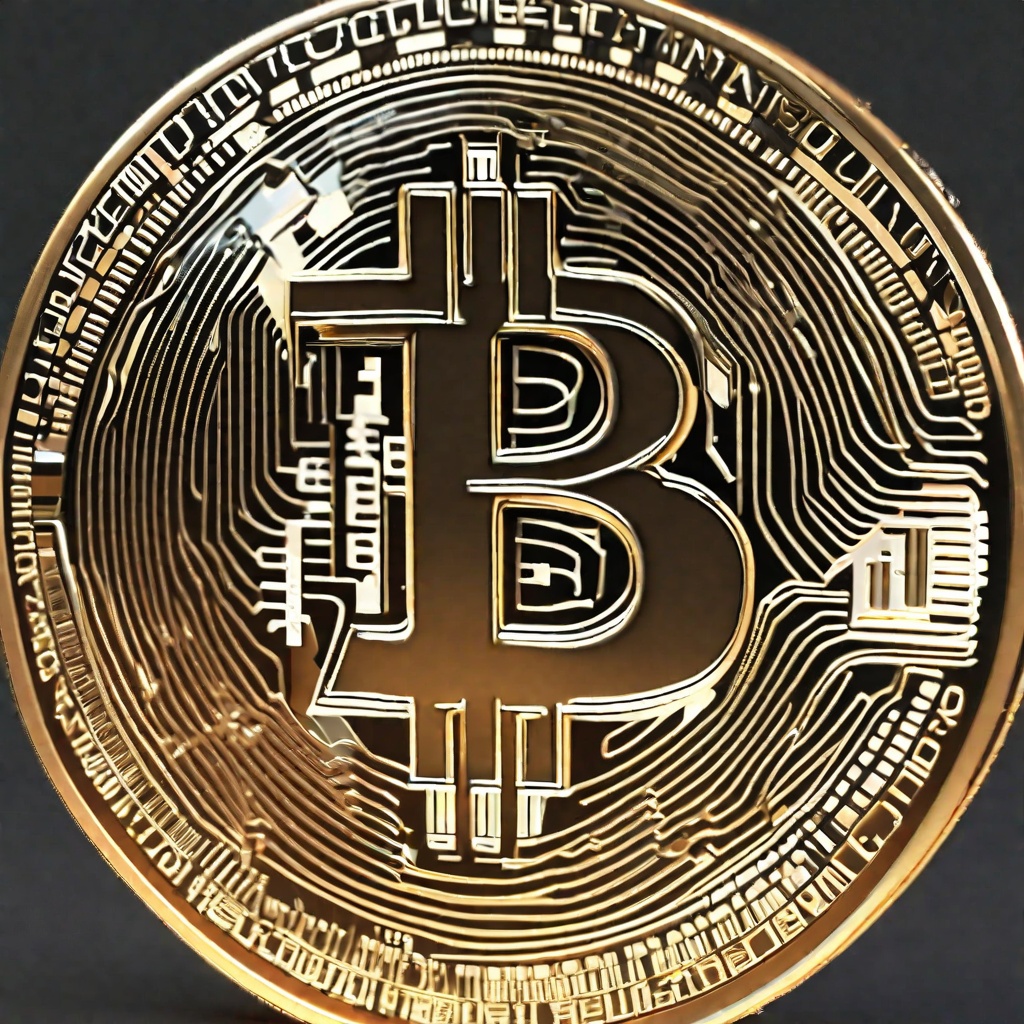It's a valid concern to ask whether block timestamps in blockchain technology, particularly in cryptocurrencies like Bitcoin, can be manipulated. The essence of blockchain lies in its decentralized, transparent, and secure nature, where each block contains a timestamp that indicates when the block was created and added to the chain. However, the question begs to understand the intricacies of how these timestamps are generated and if they are indeed inviolable.
Firstly, let's clarify that block timestamps are not set in stone. They are approximations, generated by nodes in the network based on their local time. This means there can be slight variations in timestamps among different blocks, even if they're consecutive.
Now, the
CORE of the question is whether these timestamps can be maliciously altered to manipulate the blockchain. The answer lies in the consensus mechanism, which is the backbone of blockchain technology. In Bitcoin, for instance, the consensus mechanism is Proof-of-Work (PoW), where miners compete to solve complex mathematical puzzles to validate transactions and add new blocks to the chain.
If a miner attempts to manipulate the timestamp of a block, it would conflict with the timestamps of other blocks in the chain, leading to inconsistencies. The network would reject such a block, as it doesn't adhere to the protocol's rules. Additionally, miners are incentivized to maintain the integrity of the blockchain by earning rewards for successfully mining blocks. Manipulating timestamps would undermine this trust and could lead to a loss of rewards or even being banned from the network.
In summary, while block timestamps are not absolute, they are protected by the consensus mechanism and the incentives built into the blockchain protocol. This makes it highly unlikely that block timestamps can be manipulated in a meaningful way to undermine the security or integrity of the blockchain.


